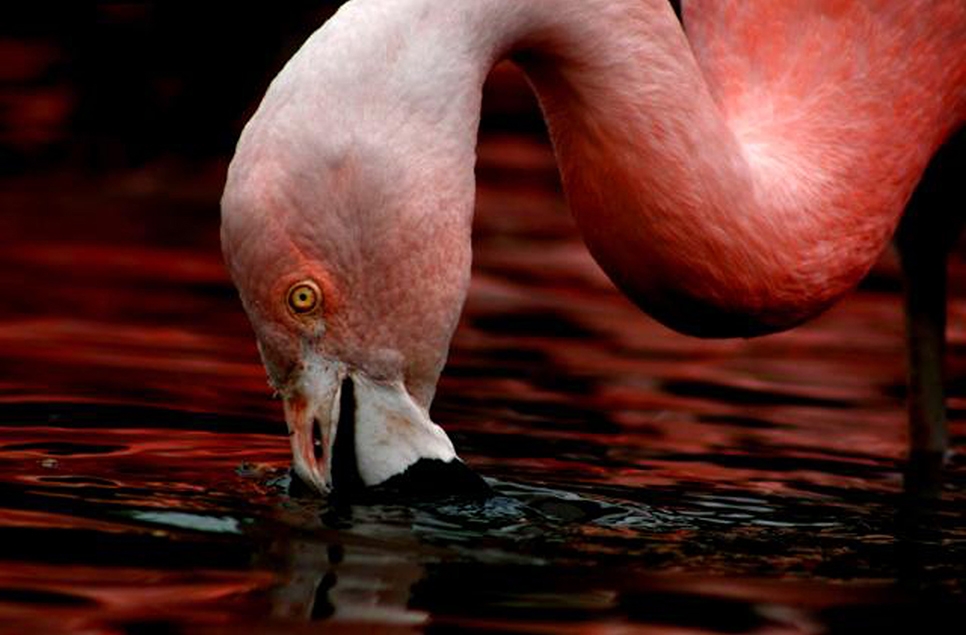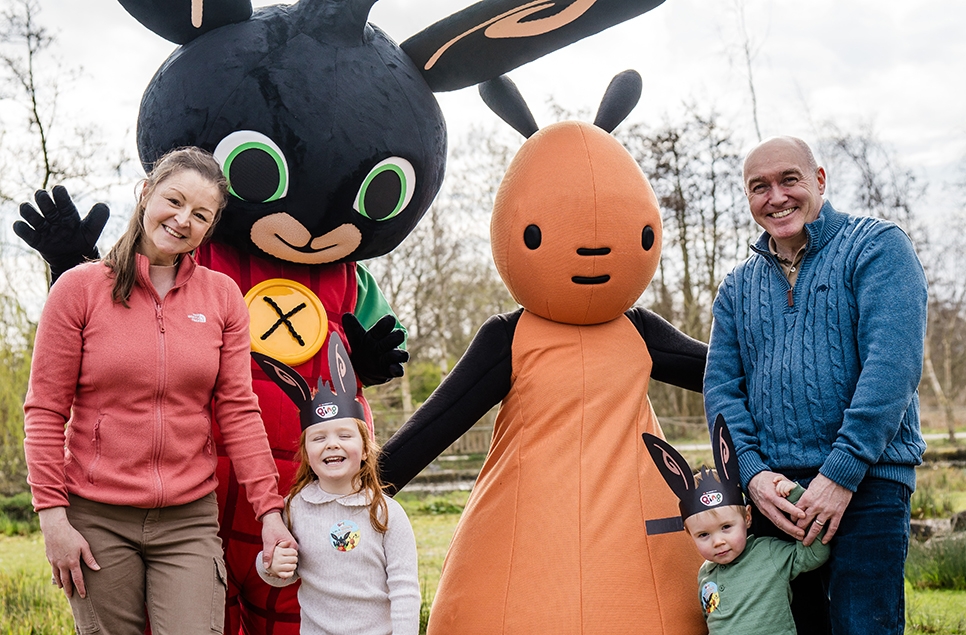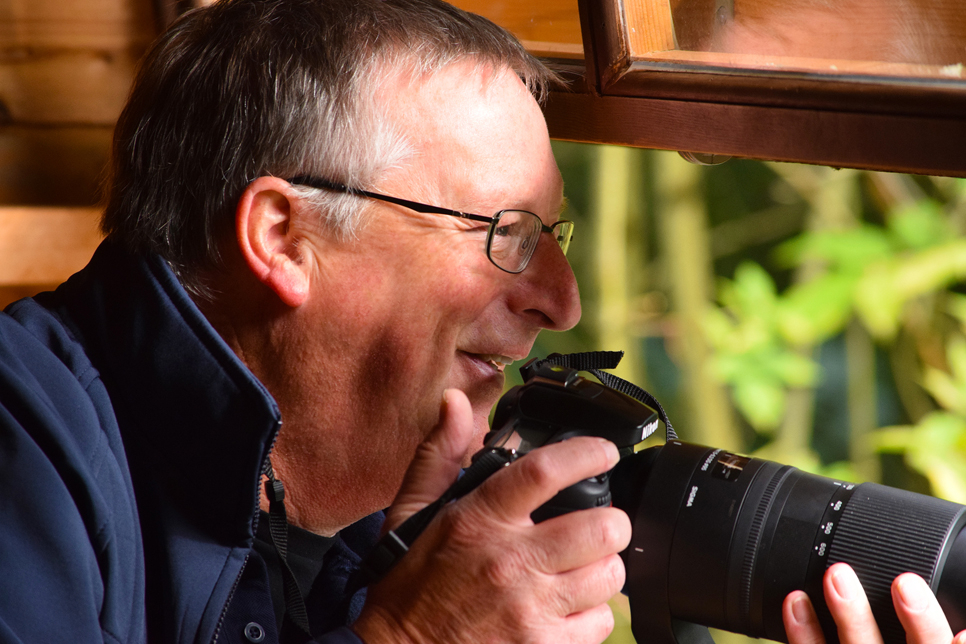New species bring a touch of the exotic this New Year
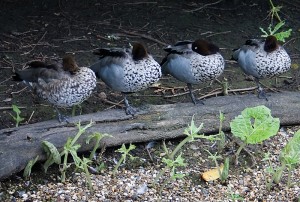
WWT Washington Wetland Centre’s waterbird collection has been given a New Year boost by the arrival of some exotic new species.
Colourful paradise shelduck from New Zealand, Northern pintails with distinctive pointy tail feathers and tree-nesting Australian wood ducks are among the latest additions, brought in from the Wildfowl & Wetlands Trust’s (WWT’s) headquarters at WWT Slimbridge, in Gloucester.
The newcomers join the hundreds of other endangered waterbirds – some 50-plus individual species in total – already looked after by staff at the award-winning North East conservation site.
Marketing manager Leanne McCormella said: “Winter is a wonderful time to see our rare waterbirds, with many in striking breeding plumage as they pair up ahead of the coming spring. Visitors can get up close to exotic and endangered species from across the planet and even feed them corn by hand in our Close Encounters feeding area.”
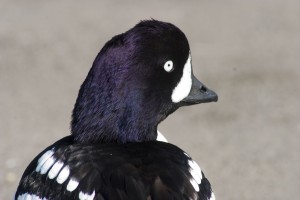
The wardens at WWT Washington’s Waterfowl Nursery are now busy preparing for the start of the breeding season – even though it’s barely January!
In 2011, the centre’s experts hatched and reared 185 rare and endangered waterbirds and are hoping that 2012 will prove even more successful. Because the birds are non-native, the season begins with Hawaiian geese (or nenes, pronounced ‘naynays’) nesting in February and typically ends with species such as red-billed whistling ducks hatching in October and even black-necked swan cygnets in December.
Among last year’s hatchlings was the world’s only known carnivorous duck - the South Georgian pintail - which was shown on BBC 1’s Frozen Planet, feeding hungrily on a leopard seal carcass.
There were also three species firsts for WWT Washington’s conservation breeding programme - buffleheads, Barrow’s goldeneye and Northern shoveler – as well as a male coscorba swan cygnet, born to Mrs Coscoroba, a long-time singleton swan who found love again on a Valentine’s Day date with a new mate.
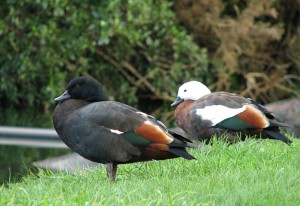
Some of those young have now made the journey to one of WWT’s eight other UK wetland centres and in return, WWT Washington has received six pairs of European goldeneye, four Australian wood ducks (or maned geese), a number of Northern pintail and Northern shoveler and a pair of noisy New Zealand shelduck, also known as paradise shelduck.
WWT’s staff are global experts in breeding and rearing rare birds and, in some cases, establishing a captive population for eventual reintroduction to the wild.
The charity’s current missions are helping to save the spoon-billed sandpiper and the Madagascar pochard, both of which face extinction. WWT Washington’s captive animal manager Owen Joiner was directly involved in the Madagascan project, which saw him hand-rearing the rare ducklings in a hotel room during Christmas 2009; while Boldon-born Nigel Jarrett, WWT’s head of conservation breeding and a former WWT Washington volunteer, has played a lead role in both projects.
WWT Washington Wetland Centre is the perfect place to spend a winter’s day outdoors and by visiting us you are directly supporting WWT’s conservation work, both here in the UK and internationally.
Winter wildlife highlights include flocks of colourful woodland birds, pink Chilean flamingos, cheeky Asian short-clawed otters and hundreds of curlew dropping in to roost on Wader Lake at dusk.
Waterside Café serves up warming, home-cooked food every day and and our magnificent Eurasian cranes can be spotted dancing in front of the large windows, as you relax and enjoy the view.
Plus there are picnic spots for more hardy types, a play area, a sculpture trail and excellent disabled access with free wheelchair hire (including mobility scooters, weather conditions permitting).
And to make your money go further, if you’ve enjoyed your day and become a member of WWT, not only do you get your entrance fee refunded off the cost, but you get FREE entry to all nine WWT centres for a full year!
For full details of activities, events and wildlife sightings throughout the winter months, as well as admission prices and opening times, view our events calendar, email info.washington@wwt.org.uk or call 0191 416 5454. Follow us on Twitter @WWTWashington.
